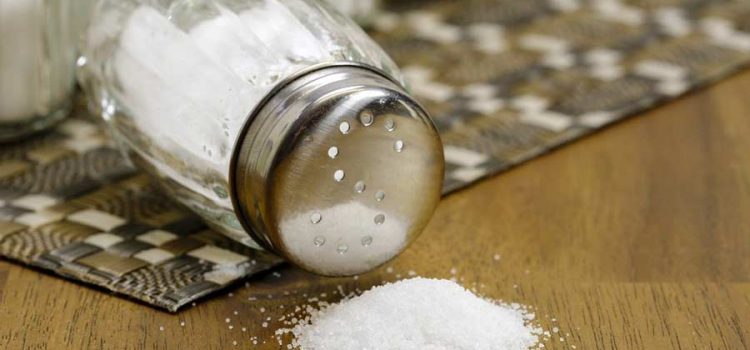Water is one of the most essential compounds humans need to survive and thrive. However, this natural compound occurs naturally as hard or soft water. Soft water is water with less than 1gpg of hardness. This kind of water lathers easily with soap and can be used for numerous household chores, unlike hard water. On the other hand, hard water has high levels of minerals, meaning it doesn’t lather quickly with soap and can cause a number of other problems around the home.
In some areas where they can only access hard water, people often rely on water softeners. However, there have been recent myths going around that softened water tastes salty. Despite sodium being used to soften water, this doesn’t mean the water is bound to taste salty. Keep in mind that some people have more sensitive taste buds compared to others. This means they are likely to taste the difference in flavors between water that is softened and the one that is not.
Why Does Softened Water Not Taste Salty?
As stated before, sodium is one of the minerals used in softening hard water in Austin during the water treatment process. However, the sodium is added to the softener machine and not into the water supply. It’s then used to regenerate resin beads to remove excess calcium and magnesium in the ion exchange process. Excess sodium solution is mixed with calcium and magnesium ions and flushed out of the system. This entire process introduces a minimal amount of sodium into the water supply. The sodium levels in the water don’t present a significant change in water taste; most people will probably not notice it.
However, the amount of sodium introduced will vary depending on the water’s level of hardness. The harder the water, the more sodium ions you are going to need.
What’s the Recommended Daily Intake of Sodium?
Most people find themselves ingesting high or low levels of sodium every day. The Dietary Guidelines for Americans recommend about 2300mg of sodium daily, but a majority of people consume up to 3400mg every day. Most of this comes from processed, prepared foods and table salt. The sodium levels in drinking water don’t contribute significantly to a person’s daily average sodium intake.
How Can You Reduce Sodium Consumption?
Some people find it difficult to drink softened water because of sodium levels or other health complications. You can use a water filter specifically designed for a type of water treatment that works to remove sodium from soft water in Austin Tx to reduce sodium levels. You can as well install a reverse osmosis filtration system. This system is one of the most efficient water filtration methods for getting rid of sodium, chlorine, and other contaminants from soft water in Austin Tx.
This system employs a three-stage reverse osmosis filtration process involving a semi-permeable membrane, a pre-filter, and a post-filter. The membrane is the key to removing concentrated contaminants such as dirt and salts. This way, you’re left with clean drinking water.
What Are the Benefits of Softened Water
Most people enjoy drinking softened water because;
- Soft water tastes smooth—softened water eliminates the rough texture that comes with hard water.
- Hard water comes with a chemical taste—hard water contains high concentration levels of minerals. On the other hand, softened water eliminates these minerals, leaving you with a clear and chemical-free taste.
- Reduced limescale—soft water doesn’t produce limescale, meaning you don’t have to deal with chalky pieces in your drink.
- A neutral flavor—soft water presents you with a neutral taste. This means it doesn’t influence the taste of your food or water-based drink.
Key Takeaway
With all of these benefits in mind, you have little to lose and everything to gain from using a water softener. Your water isn’t going to have significant levels of sodium in it, and it’ll come with so many advantages and fix so many problems caused by hard water. It’s an easy decision to make!
If your looking for Water Filtration in Austin Tx Contact Austin Water Solutions today!
